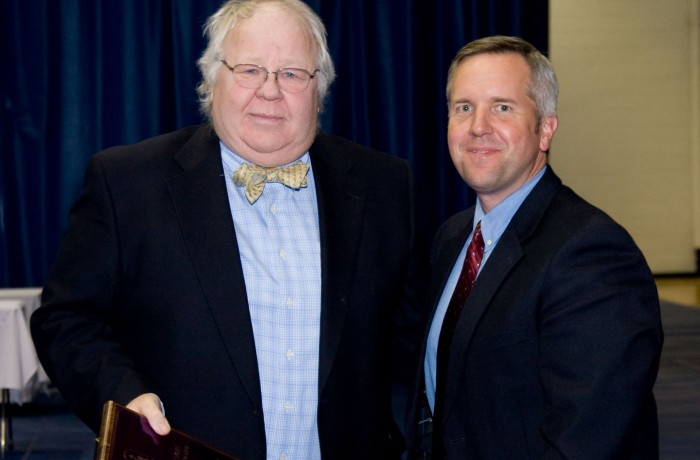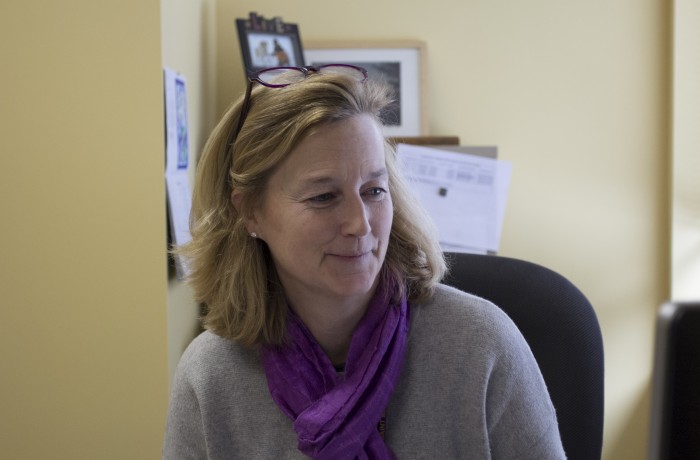By Kelly Champlain
Staff Writer
Many students at St. Michael’s College either wouldn’t know what to do if they were sexually assaulted or wouldn’t feel comfortable going to the resources available.
But for Jessica Barlow ’19, who went to Public Safety following a sexual assault, the support offered by St. Michael’s College was helpful. “It was definitely a terrifying experience [to report my assault] but the St. Michael’s staff handled my situation surprisingly well,” Barlow said.
“I reported my situation on the Livesafe App and Public Safety sent an RD and a female Public Safety officer to stay with me until rescue arrived.” “They did everything they could to help me even though it didn’t happen on campus,” Barlow said.
There are many ways to report a sexual assault at the college, said Doug Babcock, director of Public Safety [see ‘No wrong place to start’ below]. “Most people start with residence life, with their RAs [Resident Assistants] who are instructed to tell their RDs [Resident Directors] if the survivor wants to continue in the process of reporting.” Public Safety then sits down with the survivor and details the events of the assault.
“We make sure to go through the process slowly and this is the step [where] the survivor can bring a friend or counselor along to help them through reliving the assault.” After all the information is collected, all witnesses and the accused perpetrator are brought in to give their side of the story. Public Safety uses a process called Survivor Centered investigations.
“During the entire process the survivor is in the driver’s seat, they have control of every step,” Babcock said.
“[I felt in control] when I asked them to postpone the meeting where I detailed the events. They were understanding about the fact that I wasn’t ready to go through that yet,” Barlow said. Barlow had the Colchester Police hear her case, so Public Safety wasn’t heavily involved in the investigation. However , Barlow said she was happy with what Public Safety could do for her. “They gave me recommendations for counseling and other resources and offered to put a ‘no trespass’ on the perpetrator’s car.”
Not all students have a lot of trust in Public Safety. “I just think they could help their reputation by being around campus more, be at more events so we get to know them as more than the people who get people in trouble. Then I’d feel more comfortable confiding in them,” said Eric Deblasio ’19.
“We are trying to build trust with students,” said Babcock. “The first thing we try to do is build relationships with the students so that they know we are here as a resource for any kind of problem.”
Emily Chabot ’19, who experienced a sexual assault her freshman year, opted to go to the counseling center to talk about what happened. “I was already working with a counselor at Bergeron so I felt more comfortable talking to him about my situation.”
Chabot did not go to Public Safety because she did not feel unsafe in her personal situation. “I would maybe go to them if I felt unsafe but never for emotional support which is important in the process,” she said.
Barlow reflected on her situation dealing with an authority that many people on campus fear. “If you are in these situations, first and foremost do what makes you comfortable,” Barlow said. “But know that despite appearances, Public Safety does handle these matters well and is there to support you.”

